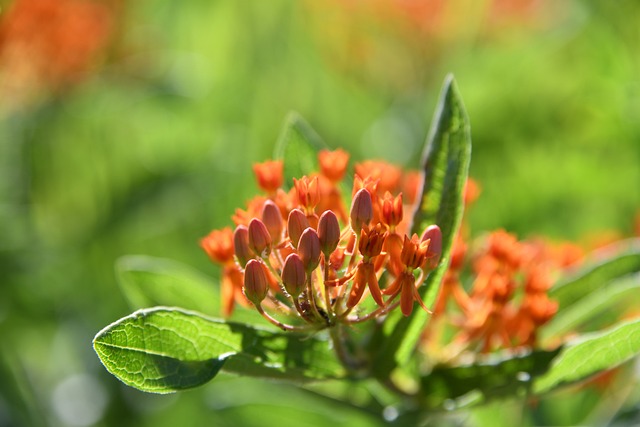THCA (tetrahydrocannabinolic acid), a non-psychoactive cannabinoid found in hemp and cannabis, is gaining attention as a potential natural sleep aid. Unlike CBD, THCA interacts with the endocannabinoid system to influence sleep patterns, potentially offering improvements in sleep quality and architecture. Its anxiolytic and analgesic effects may help alleviate pain and anxiety, which often disrupt restful sleep. Preliminary findings suggest that THCA might be more effective than CBD for enhancing sleep, possibly due to its affinity for CB1 receptors, leading to sedative effects. THCA can be consumed in various forms, such as capsules, tinctures, or edibles, with a typical dosing range of 2.5mg to 10mg before bedtime. It's essential to consult healthcare professionals before using THCA for sleep, especially if taking other medications or managing specific health conditions. For those considering THCA vs CBD for sleep, it's important to start with a low dose and tailor the use of these cannabinoids to individual needs for optimal results. A holistic approach that includes good sleep hygiene practices can complement the benefits of THCA for better sleep quality.
Explore the transformative benefits of Indacloud thca flower in enhancing sleep quality. This article dissects the advantages of THCA over CBD for restful slumber, backed by scientific research. From optimal dosage to practical bedtime routines, learn how incorporating THCA flower can elevate your nightly rest beyond traditional remedies. Delve into the nuances of THCA’s potential and how it stands apart in the quest for better sleep.
- Unveiling THCA Flower: A Natural Approach to Sleep Enhancement
- THCA vs. CBD: Understanding the Differences and Their Impact on Rest
- The Science Behind THCA's Potential for Improved Sleep Quality
- How THCA Flower Elevates Sleep Experience Beyond Conventional Methods
- Optimal THCA Dosage and Usage Guidelines for a Restful Night's Sleep
- Integrating THCA Flower into Your Bedtime Routine for Better Slumber
Unveiling THCA Flower: A Natural Approach to Sleep Enhancement
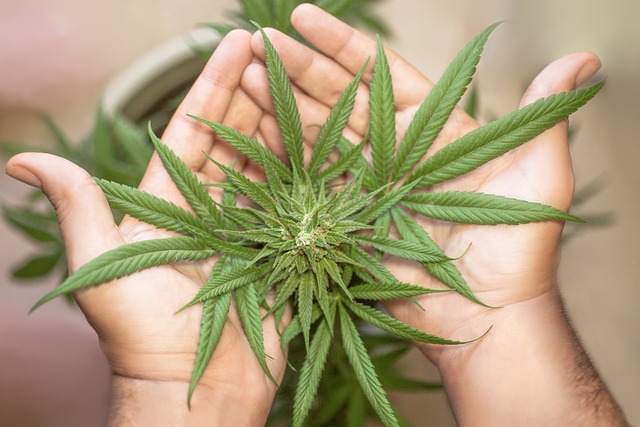
Unveiling THCA Flower’s potential as a natural aid for sleep enhancement offers an intriguing alternative to traditional methods and pharmaceutical interventions. Tetrahydrocannabinolic acid A (THCA), the raw cannabinoid found in hemp, has garnered attention for its therapeutic properties, particularly in the realm of sleep regulation. Unlike its more famous counterpart CBD (cannabidiol), THCA is non-psychoactive, which makes it a compelling option for individuals seeking the benefits of cannabis without the mind-altering effects. Emerging studies suggest that THCA may interact with the body’s endocannabinoid system, influencing sleep architecture and promoting more restful sleep. This natural compound is believed to possess anxiolytic and analgesic properties, which can alleviate pain and reduce anxiety—common culprits of sleep disturbances. When comparing THCA vs CBD for sleep, it’s the former that may offer a more potent sedative effect, potentially due to its ability to bind directly with the CB1 receptors in the brain. As users explore the benefits of THCA Flower, it’s important to consider dosage and individual body chemistry, as these factors can significantly influence the efficacy of THCA for sleep enhancement. Users are encouraged to consult with healthcare professionals when incorporating THCA Flower into their nightly routine to ensure safe and effective use.
THCA vs. CBD: Understanding the Differences and Their Impact on Rest
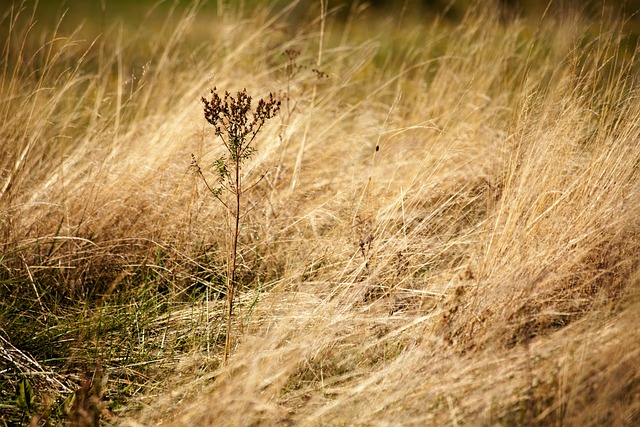
Cannabidiolic Acid (THCA) and Cannabidiol (CBD) are two distinct cannabinoids found within the cannabis plant, each with unique properties that can influence rest and relaxation. While THCA is the acidic precursor to THC (Tetrahydrocannabinol), the psychoactive component of cannabis, it exhibits different effects when consumed in its raw form. Unlike THC, THCA does not induce psychoactive effects, making it a non-intoxicating option for those seeking therapeutic benefits. On the other hand, CBD is known for its lack of intoxicating properties and has gained popularity for its calming and restorative qualities.
When comparing THCA vs. CBD for sleep, both compounds can potentially aid in achieving a more restful night’s sleep, but they do so through different mechanisms. THCA interacts with the body’s endocannabinoid system by binding to cannabinoid receptors, which may help regulate sleep patterns and alleviate pain or inflammation that can disrupt sleep. Its anti-inflammatory properties might also reduce sleep disturbances associated with chronic pain or other conditions. CBD, similarly, has been studied for its potential to improve sleep by reducing anxiety and stress, which are common culprits of insomnia. It achieves this by influencing the limbic and paralimbic areas of the brain, impacting mood, anxiety, alertness, and awareness. Both THCA and CBD may offer benefits for restful sleep, but their effects can vary based on individual physiology and the specific conditions being addressed. Therefore, understanding the differences between THCA and CBD is crucial when considering them as complementary approaches to enhancing sleep quality.
The Science Behind THCA's Potential for Improved Sleep Quality
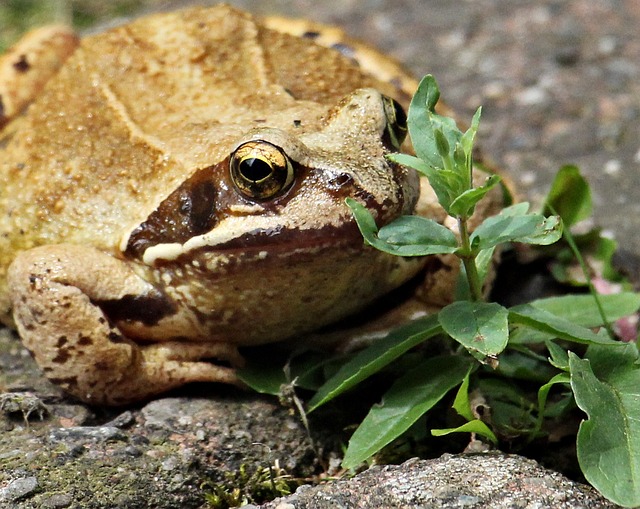
delta-9-tetrahydrocannabinolic acid (THCA) is a non-psychoactive cannabinoid found in raw cannabis plants and represents the acidic form of THC. Research suggests that THCA may possess several therapeutic properties, including potential benefits for sleep quality. Unlike its psychoactive counterpart, delta-9-tetrahydrocannabinol (THC), THCA does not induce a high but interacts with the body’s endocannabinoid system. This interaction may influence sleep patterns by promoting relaxation and reducing anxiety, both of which are conducive to better sleep.
Studies have indicated that THCA might be beneficial for sleep quality due to its affinity for the CB1 receptor in the brain, which plays a role in regulating REM sleep. Unlike CBD, another cannabinoid often compared to THCA for its therapeutic properties, THCA does not appear to interact significantly with the CB2 receptors found predominantly outside the nervous system. This selective interaction may make THCA particularly suited for improving sleep without the same sedative effects as CBD. Users interested in exploring THCA for enhanced sleep quality should consider the right dosage and strain, as these factors can influence the efficacy of its therapeutic benefits. As with any supplement or medication, individual experiences with THCA may vary, and consulting with a healthcare professional is recommended before incorporating it into a sleep regimen.
How THCA Flower Elevates Sleep Experience Beyond Conventional Methods

Delta-9-tetrahydrocannabinolic acid (THCA) flower, in its natural uncured state, offers unique benefits for enhancing sleep quality, distinct from those of cannabidiol (CBD). THCA is the non-psychoactive precursor to the psychoactive compound delta-9-tetrahydrocannabinol (THC), found abundantly in raw cannabis plants or in the form of THCA flower. Unlike CBD, which interacts with the body’s endocannabinoid system without directly stimulating its receptors, THCA has a more direct impact on the CB1 and CB2 receptors, potentially leading to sedative effects that can help individuals achieve deeper, more restorative sleep.
Research suggests that THCA may interact with the body’s endocannabinoid system in a way that promotes relaxation and reduces anxiety, both of which are conducive to better sleep. Additionally, THCA’s anti-inflammatory properties can alleviate pain and discomfort, further contributing to a more peaceful night’s rest. In contrast to CBD for sleep, where the effectiveness might vary based on individual endocannabinoid system function, THCA flower’s effects are often more pronounced and consistent in promoting a calming and tranquil state conducive to sound sleep. This makes THCA a compelling alternative for those seeking to elevate their sleep experience beyond conventional methods without the psychoactive effects of THC.
Optimal THCA Dosage and Usage Guidelines for a Restful Night's Sleep

THCA, or tetrahydrocannabinolic acid, is a non-psychoactive cannabinoid found in hemp and cannabis plants. While it’s the precursor to THC, the psychoactive compound, THCA exhibits unique therapeutic properties, particularly for those seeking aid in sleep regulation. When considering THCA vs CBD for sleep, it’s important to understand that both compounds have different effects and optimal dosages. For a restful night’s sleep, THCA can be particularly beneficial due to its affinity for the body’s endocannabinoid system, influencing the sleep-wake cycle by promoting relaxation and reducing anxiety, which are common obstacles to achieving quality sleep.
Determining the optimal THCA dosage for sleep requires individual consideration, as factors such as body weight, tolerance, and the specific condition being addressed can influence the appropriate amount. Generally, a low to moderate dose of THCA is recommended for inducing sleep, typically ranging from 2.5mg to 10mg taken 30 to 60 minutes before bedtime. This dosage window allows users to experience the sedative effects without overwhelming the endocannabinoid system. It’s also advisable to start with a lower dose and gradually increase it as needed, observing how your body responds. Additionally, THCA can be consumed in various forms, including capsules, tinctures, or edibles, each offering a different onset and duration of effect. Always consult with a healthcare professional before incorporating THCA into your sleep routine, especially if you are taking other medications or have underlying health conditions.
Integrating THCA Flower into Your Bedtime Routine for Better Slumber
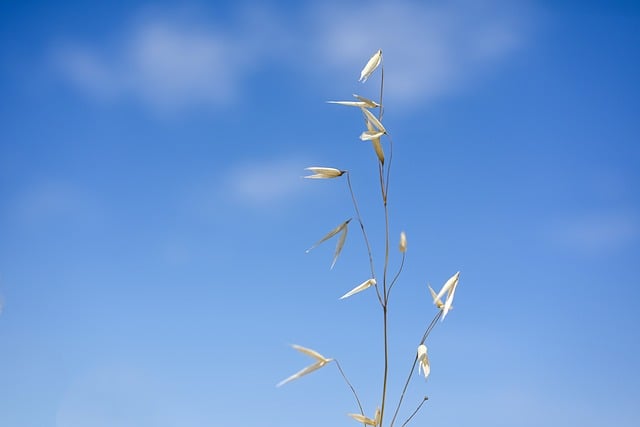
Incorporating THCA flower into your bedtime routine can be a strategic approach to enhance the quality of your slumber. Tetrahydrocannabinolic acid (THCA), which is the raw, non-psychoactive form of THC found in hemp and cannabis plants, has been studied for its potential therapeutic properties. Unlike its psychoactive counterpart THC, THCA does not induce a high but can interact with the body’s endocannabinoid system, potentially offering calming effects that may aid in relaxation and sleep. When compared to CBD for sleep, some users report that THCA might be more effective due to its similarity to THC’s molecular structure, which could result in a stronger affinity for certain cannabinoid receptors associated with sleep-wake regulation. This can make THCA a compelling choice for individuals seeking natural alternatives to improve their sleep patterns.
To maximize the benefits of THCA flower for better slumber, consider integrating it into your nightly routine. One approach is to consume it in a form that’s conducive to sleep, such as a capsule or edible taken about 30 minutes to an hour before bedtime. This allows the body to metabolize the THCA and reach peak effectiveness at the onset of your sleeping hours. Additionally, pairing the intake with other sleep-hygiene practices, like dimming lights, practicing relaxation techniques, or maintaining a cool and comfortable room temperature, can further enhance the quality of your rest. Remember to start with a low dose and gradually adjust as needed, in alignment with professional guidelines and personal tolerance levels for optimal results.
In concluding our exploration of THCA flower and its benefits for enhancing sleep quality, it’s clear that this natural compound offers a promising alternative for those seeking restful slumber. Distinct from CBD, THCA presents unique properties that can significantly contribute to improved sleep experiences. The scientific evidence supporting its efficacy is compelling, suggesting that THCA could be a valuable addition to bedtime routines for many individuals. By following the dosage and usage guidelines outlined, incorporating THCA flower into your nightly regimen may lead to a more restorative and rejuvenating sleep. As with any wellness practice, personal experimentation is key to finding the optimal balance for your individual needs. Whether you’re considering THCA vs CBD for sleep, the potential benefits of THCA flower are noteworthy, making it a subject of growing interest in the realm of natural sleep aids.
